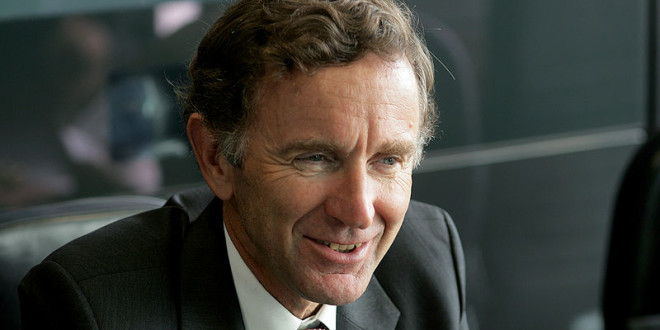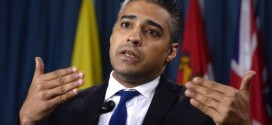By Jonathan Cook
If there is one story that encapsulates the corruption of public life at every level, it is the latest revelations about HSBC’s Swiss bank helping thousands of clients evade tax. Some £78 billion was stashed away, out of sight of the tax authorities of various countries.
HSBC was praised in the UK after the banking crash for being the “clean” bank, the one that didn’t need a massive bail-out from public money for the semi-legal but wholly unethical practices the other banks were engaged in. Maybe that was because HSBC preferred to engage in completely illegal practices.
The man who sat atop this global money-laundering scheme (which included laundering drugs money, as HSBC staff apparently knew) was Stephen Green, the bank’s executive chairman from 2006-10. He was appointed by the British prime minister, David Cameron, to be trade minister in late 2010 shortly after the British government became aware of HSBC’s corrupt practices.
The HSBC got off lightly everywhere, but its treatment in the UK was exceptional. The head of the British tax authority, Dave Hartnett, unlike his counterparts in several other countries, decided to quietly cover up the matter, massively defrauding the British taxpayer as well as letting lots of very rich people get away with breaking the law. Hartnett retired a short time later and was given a well-paid consultancy at … HSBC.
Vince Cable, the business minister, said: “We simply don’t know at present if Lord Green was aware of or condoned these practices.” Which would require us to believe that 6,000 wealthy British clients knew about HSBC’s illegal practices and hid their money in its Swiss accounts to evade tax, while Green himself – who presumably mixes in exactly the same circles of the 0.1% – was oblivious to what what was going on in his own company.
If we lived in a country truly run by the rule of law, Green, Hartnett and probably Cameron would be in jail. As it is, they’ll wait for this to blow over, as it will.
What this case graphically illustrates is how the bankers – part of the parasitic 1% who feed off the wealth generated by the 99% – have guaranteed their own immunity: they have bought off the regulators supposed to watch over them and have their own people inside the government, ensuring that our representatives are actually representing the bankers and their interests.
The argument being used again in this case for the lack of action is that the banks are too big to fail. Maybe so, but the individuals in them – and the officials supposed to oversee them – aren’t. If we ever want to root out endemic corruption, we need to be making examples of people like Green by locking them up for a very long time.
 The Arab Democrat The Latest From The Arab World
The Arab Democrat The Latest From The Arab World







